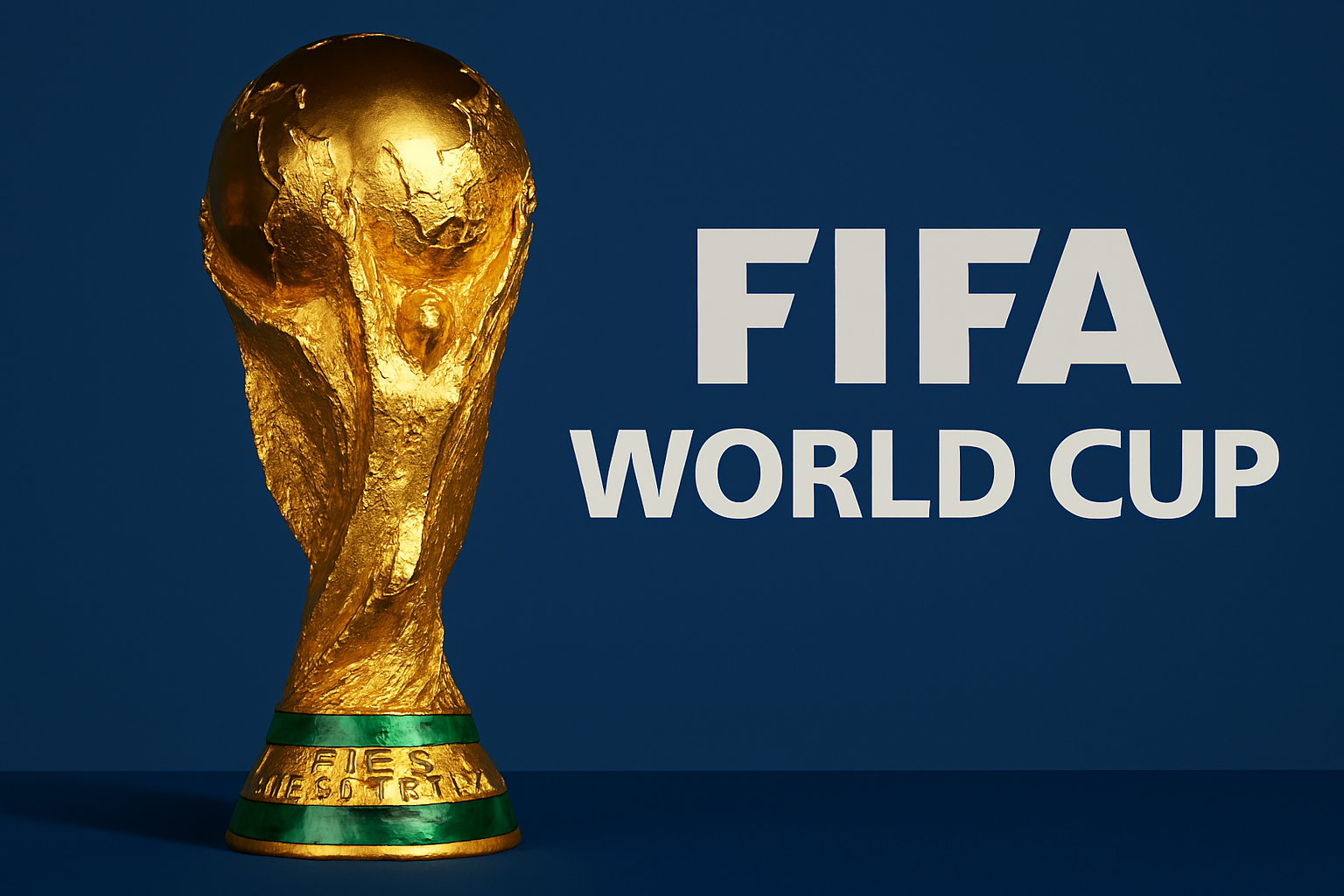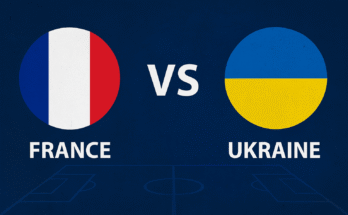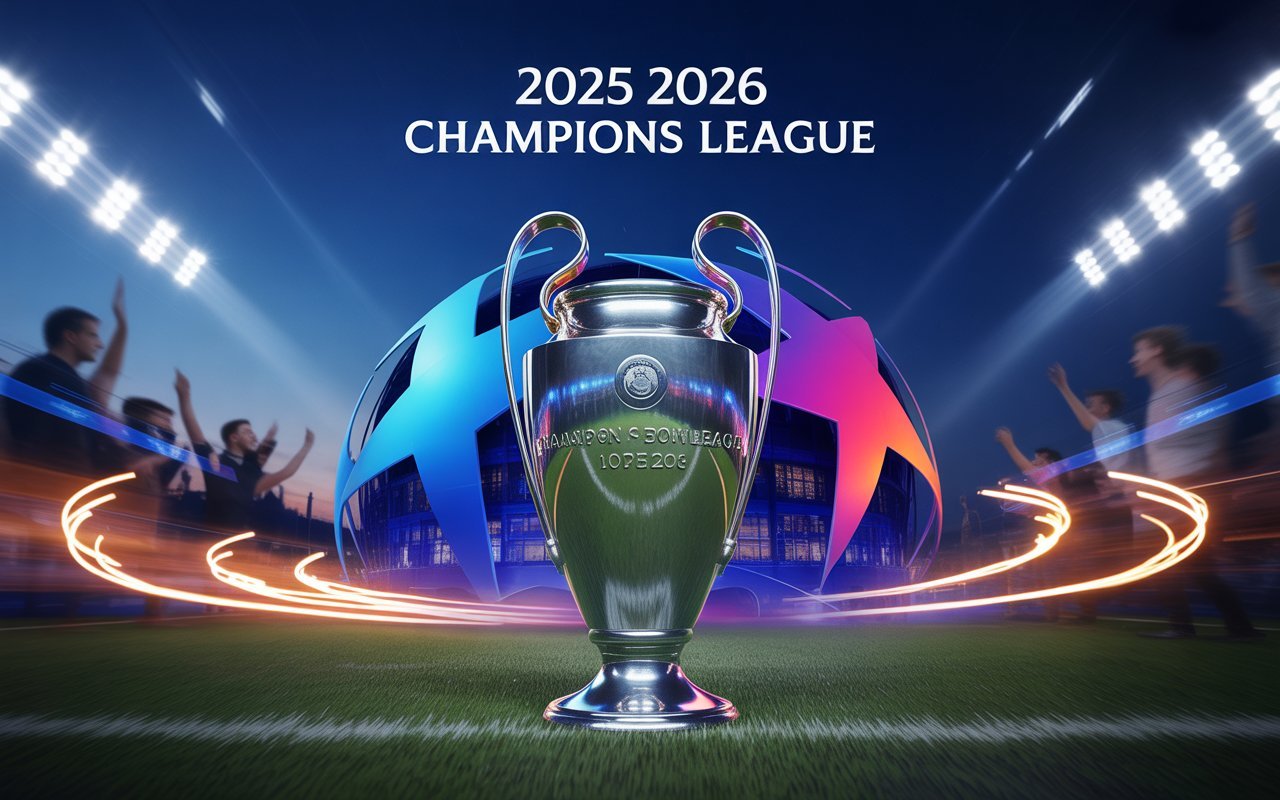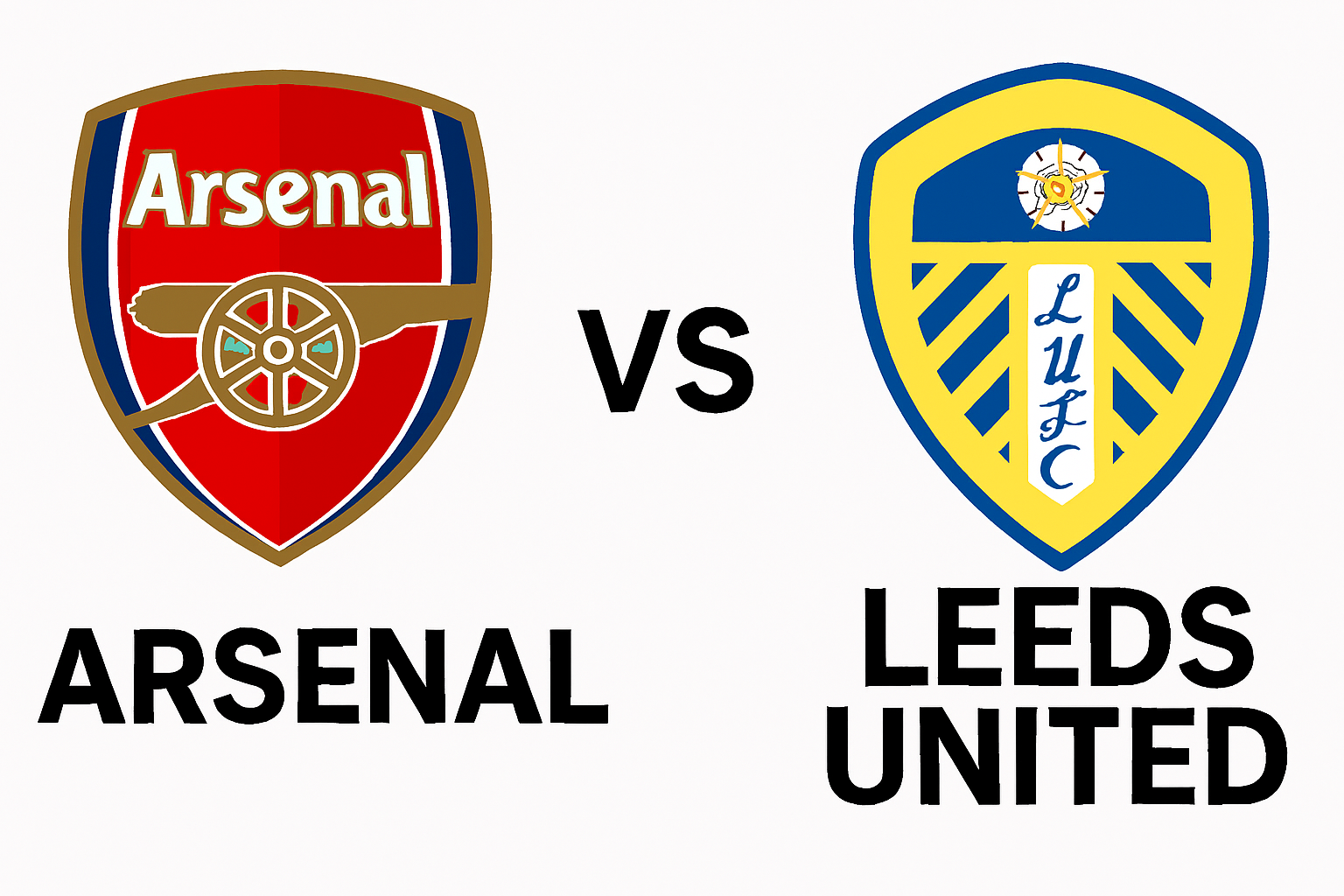When it comes to the size of football, there is nothing like the FIFA World Cup. Billions of fans tune to see the moments of history, the moments of heartbreak, the moments of brilliance, every four years. From its beginnings to the games we will not forget, join us as we explore in detail why the World Cup is the heartbeat of world sport.
A Brief History of the FIFA World Cup
The World Cup began in 1930 in Uruguay, with just 13 teams, that started the story of what would become the world’s most important sporting event. The tournament has been modified and developed consistently over time, but the essence remains unchanged: bringing people together through football. By 2022, FIFA had expanded to 32 teams for the World Cup, and likely to 48 teams in the future. This growth indicates the global appeal of the tournament and FIFA’s desire to develop football as truly a global game.
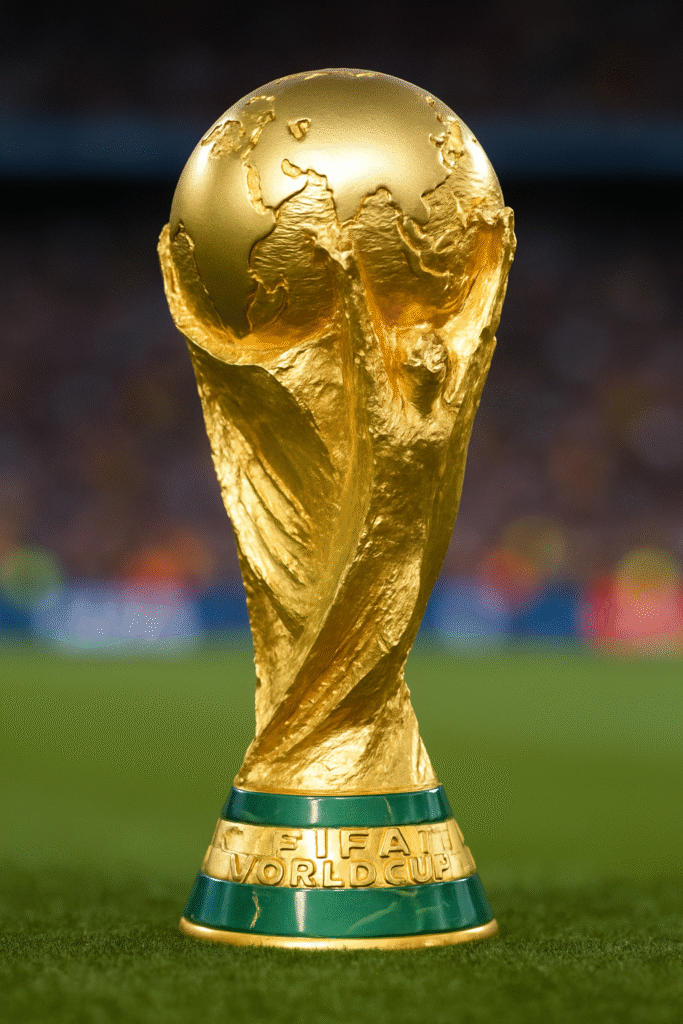
Why the FIFA World Cup Captivates Billions
What distinguishes the FIFA World Cup? It’s not just a tournament but a cultural event. For the span of one month, our lives change; offices close for games, families are glued around the TV screen, and strangers congregate and celebrate together in the streets and fan parks. The World Cup creates a level of connection that extends beyond language, differences, and politics. Even if you don’t follow soccer, you’ll undoubtedly get roped in to the thrilling pages of underdog stories, ownership of penalty shootouts, suspense, and a goal that you will not forget.
The Global Reach of the FIFA World Cup
You can see the numbers say it all:
• Over 3.5 billion viewers tuned in to the 2018 FIFA World Cup.
• More than 1 billion viewers watched the final alone.
• Countries that did not even qualify for the tournament had huge TV ratings. Football is a language everyone speaks, and FIFA World Cup is the biggest platform.
Memorable Moments in FIFA World Cup History
Any article on the FIFA World Cup is not complete without including some great moments:
• Pele’s ascendance (1958): Pele was only 17 when he scored twice in the final for Brazil’s first title.
• Maradona’s “Hand of God” & “Goal of the Century (1986): Two goals in the same match and forgettable for two entirely different reasons.
• Germany’s 7-1 hammering of Brazil (2014): It was a shocking semi-final and one that sent shockwaves throughout the sporting world.
• France hoisting the trophy (2018): With a youthful and talented squad France reigned as champions again.
These stories remind us why the world holds onto the World Cup.
The Road to the FIFA World Cup: How Teams Qualify
For national teams to reach the FIFA World Cup, they must endure years of qualification. Each continent, Europe, Africa, Asia, North and Central America, South America, and Oceania has its own qualification tournaments to determine who earns a place. Qualification can often be drama powerhouse national teams missing out, new blood making history, and playoff matches that are decided by penalty kicks.
FIFA World Cup: Beyond the Trophy
To win the FIFA World Cup is to achieve worldwide fame; however, it is much more than lifting a trophy. It Inspires the next generation. Adds an economic boost to host nations Creates friendships and cultural understanding that last past the tournament. Consider how players like Kylian Mbappé, Luka Modrić, or Lionel Messi became legends in our minds by putting on a performance for all to see at the World Cup and fulfil their dreams.
FIFA World Cup Host Nations and Stadiums
Being the host country for the FIFA World Cup is an honor, but it also presents challenges. Countries are willing to invest billions of dollars just to be able to showcase highly built stadiums, to do crowd control for the infrastructure they build for the event, and finally, entertaining millions of fans. The 2010 version in South Africa was filled with color and flavor, whereas the 2022 version in Qatar saw the future in the concept of stadiums. Each host nation leaves a distinct identity on this tournament.
Future of the FIFA World Cup
The FIFA World Cup will head to North America in 2026, with the USA, Canada, and Mexico being the host nations. The new 48-team format will make the next World Cup the largest ever held, with more games, more stories, and broader global engagement.
The Economic Impact of the FIFA World Cup
The FIFA World Cup doesn’t just boost the host’s tourism. It also:
• Creates thousands of jobs.
• Encourages immense spending on merchandise and advertising.
• Stimulates worldwide conversations on culture, sustainability, and inclusivity.
Take, as an example, the 2018 World Cup held in Russia which produced approximately $14 billion of economic activity.
FIFA World Cup and Modern Technology
With the recent implementation of VAR (Video Assistant Referee), goal-line technology, and sophisticated analytics, the tournaments are not only fairer but give fans, and analysts, new experiences. With social media, streaming, and the official FIFA app, FIFA World Cup has never been closer to its loyal fans, whether they are connected to their phones at the game, or in the stadium on the big screen.
How to Experience the FIFA World Cup Like a Local Fan
If you can attend the FIFA World Cup if you prefer such, here are some things to consider:
• Check out fan zones: expect big screens, live music and fans from all rounds.
• Eat local food around the stadiums. There is a reason each host country has such diverse food options: Because it is their food.
• Know a few chants: Even if you don’t speak the language, a football chant bridges any gap.
Take pictures! Photos and videos won’t be compared to the world cup atmosphere, there is less competition, but they are important as keep sakes for many years.
Why the FIFA World Cup Matters
At its essence, the FIFA World Cup is more than just a sport. It symbolizes:
• Hope: Underdog teams rolling out the improbable and showing how anything can happen.
• Unity: Fans from all corners of the globe cheering together
• Passion: Generations bonding over a love of football.
Every four years the world pauses in one month we are all on the same team. The world football family.
Conclusion:
The FIFA World Cup has risen from humble origins to an undeniable global platform and has consistently demonstrated beautiful football can be. The World Cup connects us with the aspirations we all have, remarkable heroes drawn, and sport’s most powerful unifier. Whether a diehard follower, a casual observer or someone who just enjoys the spectacle of the next FIFA World Cup will bring new stories, new stars and time stamps for the record books.
